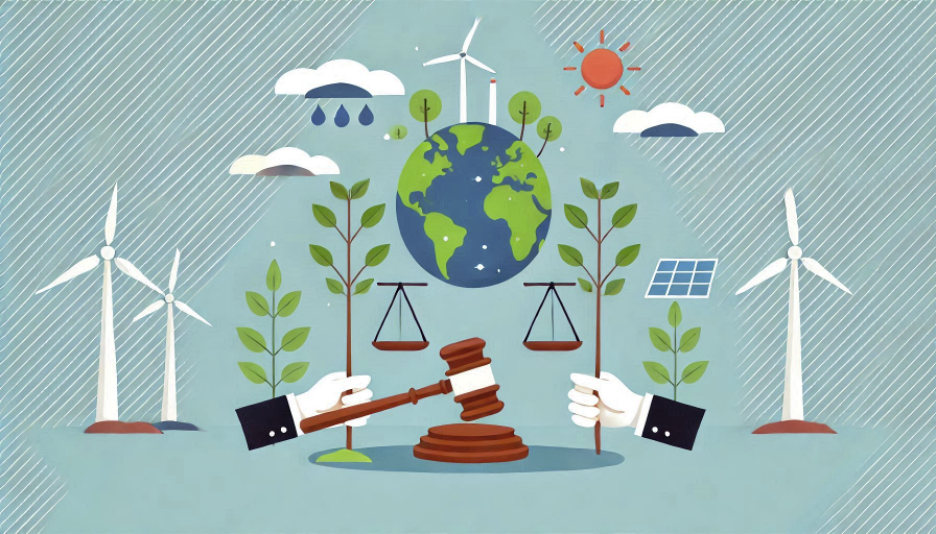
Lawsuits are at the forefront of the fight for a healthier planet. From battling pollution to challenging governments on climate inaction, courts have become key battlegrounds. These legal actions push boundaries and force accountability where other efforts fail.
It’s about creating momentum when action is overdue. Here are a few examples of how these cases are profoundly reshaping our environment and lives.
How AFFF Lawsuits Highlight Environmental Accountability
AFFF, or aqueous film-forming foam, is under fire for contaminating water sources with toxic chemicals like PFAS. Communities near military bases and airports have seen harmful effects from decades of exposure.
These lawsuits demand accountability from manufacturers and government agencies that overlooked the risks. They also push for safer alternatives to prevent future harm.
If you’re concerned about the health impacts or legal implications, it’s a good idea to read about AFFF lawsuits in more detail to understand how they aim to hold responsible parties accountable while driving environmental reform.
Key Legal Cases Shaping Climate Change Policies
Lawsuits targeting climate change have grown worldwide. In the Netherlands, the Urgenda Foundation’s case set a precedent by forcing the government to reduce emissions. Similar efforts have gained traction globally.
In the U.S., young plaintiffs in Juliana v. United States argued for their right to a stable climate, catalyzing public debate despite legal hurdles.
These cases hold governments accountable for environmental negligence while encouraging systemic change. Challenging policies through courts lets activists create pathways for real progress on climate responsibility and sustainability that legislation alone often fails to achieve.
Individual Activism and Its Role in Environmental Litigation
Ordinary citizens are using the courts to push for environmental reform. Individuals file lawsuits against corporations polluting local areas or governments ignoring climate obligations.
For example, Peruvian farmer Saul Luciano Lliuya sued a German energy giant over a glacier melt threatening his home. His case highlights how personal stakes inspire global action.
These efforts show that individuals have the legal power to demand accountability. Courts provide a platform where voices can challenge even the largest entities, allowing change to be pushed through against the odds.
Lawsuits Targeting Industrial Polluters
Industries releasing pollutants often face lawsuits forcing accountability for environmental damage. From oil spills to illegal emissions, corporations are held liable for harming ecosystems and communities.
The Chevron-Ecuador case exemplifies this, with affected locals demanding compensation for decades of contamination. While such cases can span years, they send strong warnings to other industries.
These legal challenges promote stricter regulations and encourage companies to adopt greener practices. Courts are proving that businesses cannot operate without regard for environmental consequences, creating a shift toward corporate responsibility as a cornerstone of sustainable development strategies.
The Bottom Line
As you can see, courts are powerful tools for driving environmental change and holding polluters and policymakers accountable. These lawsuits push boundaries, demand justice, and spark systemic reform.
Combining legal action with advocacy allows individuals and communities to create a ripple effect that inspires lasting solutions for protecting the planet and ensuring a sustainable future for all.







